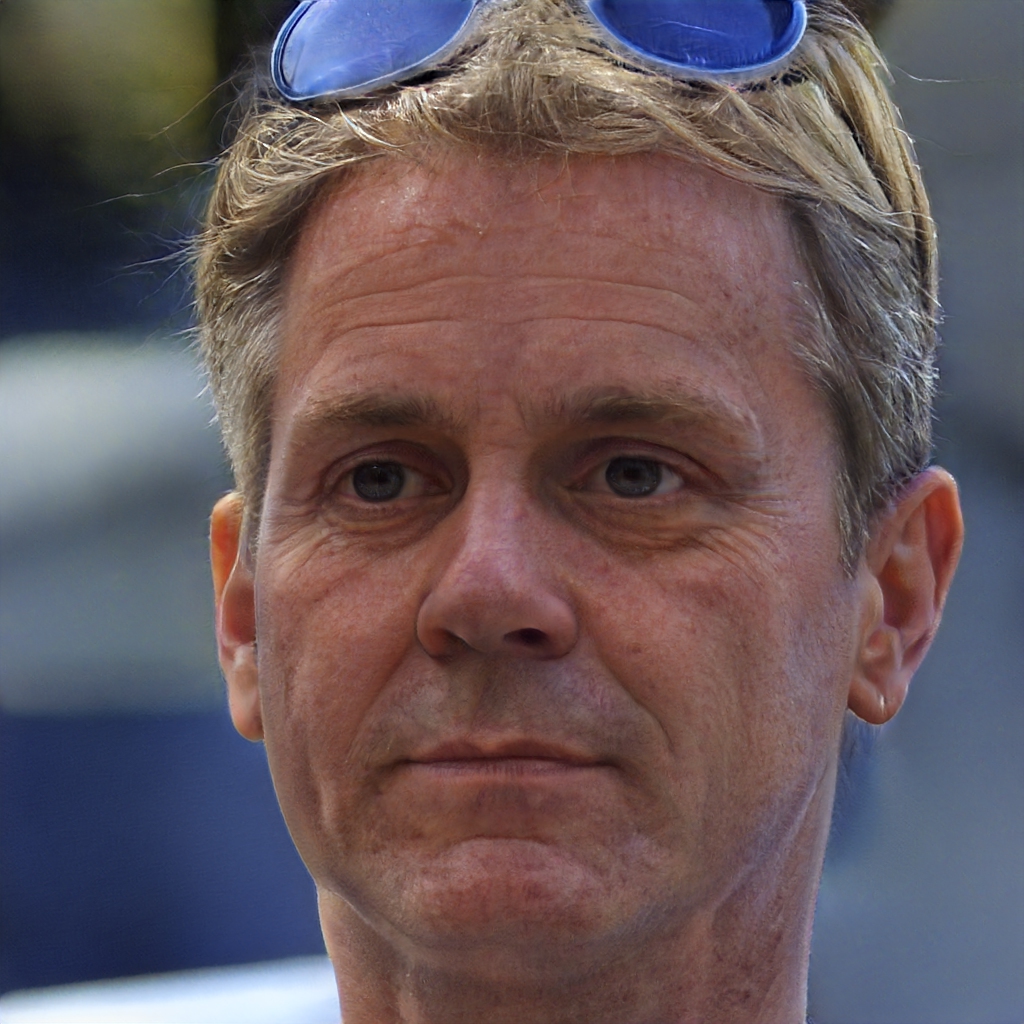James Lovelock was the author of the Gaia theory: today, at 102 years old, he exposes in a letter his concerns for the future of humans
The Gaia hypothesis was formulated for the first time in 1979 by the British chemist and scientist James Lovelock in the text, then become famous, "Gaia. New Ideas in Ecology".
According to Lovelock's theory, the living organisms of the Earth interact with the inorganic components of our environment, creating a complex organism-like system capable of regulating itself and keeping the planet suitable for the presence of life in its various forms.
The Gaia Hypothesis
According to Lovelock's theory, the perpetuation of life on Earth has a great influence on fundamental aspects such as global temperature, the percentage of salt in the water of the oceans and other parameters capable of decreeing the habitability or not of the planet.
At the ripe old age of 102, Lovelock recently sent an open letter to the British newspaper The Guardian, in which he describes the current state of the planet's health and points out the possible dangers.
The letter bears the eloquent title "Gaia could destroy humans before we destroy the Earth," and identifies the recent pandemic that struck humans on planet Earth as a possible form of defense put in place by Gaia.
The letter, published just before COP26, begins laconically, "I don't know if it's too late to avoid climate catastrophe, but I'm sure we won't stand a chance if we continue to treat global warming and the destruction of nature as separate problems."
Physics, chemistry and biology should be taught in the same faculties, in Lovelock's conception, because only by studying them together is it possible to understand their essential interconnection.
And if we don't understand the real dangers to which we are voluntarily exposing ourselves with our reckless behaviors, it is also because in science we never look at "the Earth in a holistic way", that is considering it as a whole.
Gaia could destroy us
Lovelock has always considered himself "an outsider, an independent scientist" that has little to do with the currents of neo-Darwinism that, in 1979, dominated the research in the scientific community.
Six decades after the first groundbreaking publication in Gaia, he writes in the letter, "we have seen how much life, particularly human life, can affect the environment."
The choking by greenhouse gases and the elimination of forests are, in Lovelock's conception, "two genocidal acts" that can demonstrate the very close connection between human life on Earth and the health of the planet.
But only by looking at these phenomena organically can we understand them more closely. "Much of the confusion about global warming," Lovelock writes, depends precisely on how we choose to study the sciences: "few people know that it takes 80 calories to melt an ounce of ice, enough to raise the temperature of a milliliter of water to 80°C."
If there were no polar caps, the world would be at an incredibly high temperature, probably not suitable for life, but this basic intuition seems to escape the rulers and, in part, the scientists.
In any case, warns Lovelock, "we have no choice but to reduce fossil fuels, or face even worse consequences." It is also absolutely necessary to solve the problem of overpopulation, and to stop the destruction of tropical forests immediately.
"My fellow humans must learn to live in accord with the Earth, or the rest of creation - as part of Gaia - will unwittingly lead the Earth to a state where humans will no longer be welcome," the letter reads.
Gaia is an organism that defends itself, even from us if necessary. And if defending ourselves against humans means destroying them, according to Lovelock there is little doubt that Gaia will do so, before we would be able to destroy her.
